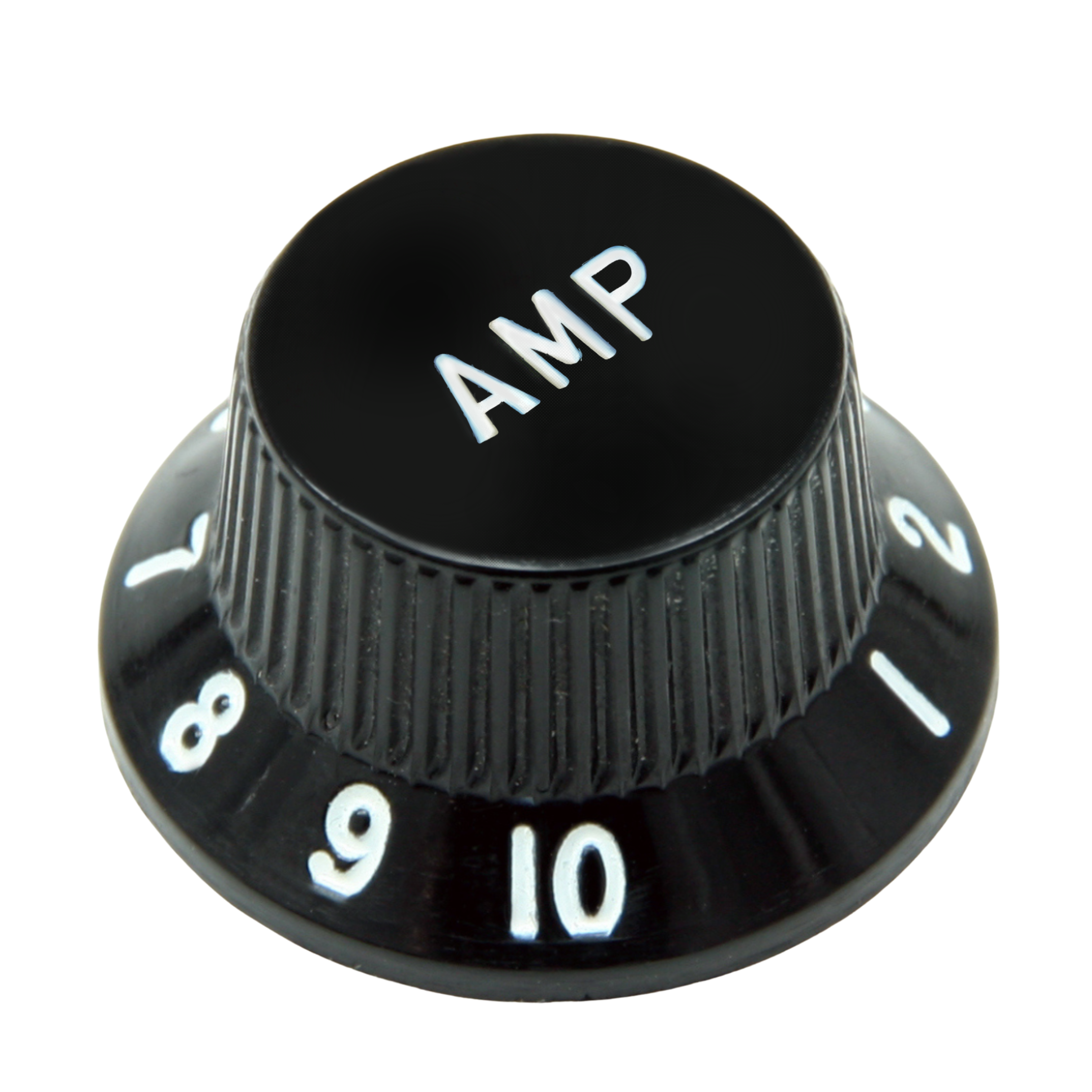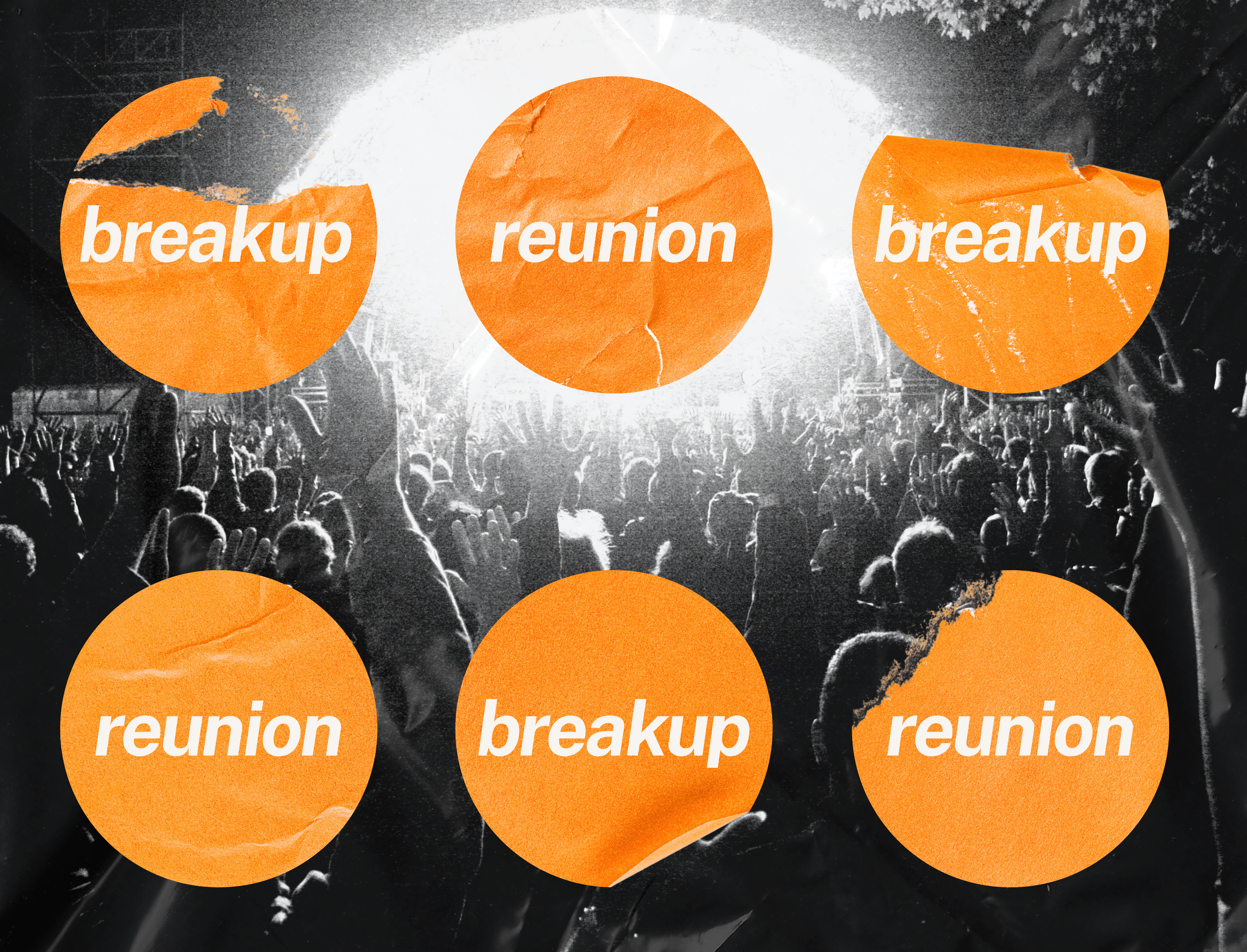I consider myself a lucky man: I was brought up in a time of peak access to any music, book, or movie I could want. Sure, there is plenty of controversy, particularly around music streaming and royalties, but let’s be honest — the modern listener is reaping the benefits. These services may curate and market music to us, but they also offer endless resources for finding new content independently. There are innumerable methods of discovery at our fingertips: diving into the insular community of rateyourmusic.com, tracking the charts for what albums are buzzing, asking friends what they are into, and even checking out interviews to see which unheard-of bands inspired our favorite artists.
It can be overwhelming to pass that peak on the Dunning-Kruger graph, to suddenly realize how much that is unknown. This plunge into the bottomless abyss of knowledge concerning art is what led me to shred through the so-called “greatest” progressive rock albums of the Canterbury scene in the ’70s (spoiler: none of them are great) and to check off discographies of short-lived indie bands from the ’90s. Now, I am not arguing that we should start consuming random shit just to brag, “Hey, look at this random shit I listened to!” Instead, this type of exploration broadened my view of how musicians can express themselves, and along the way, allowed me to find some gems I would not have otherwise discovered.
I mention all of this to underscore that in my oh-so-lucky 21 years of life, I had never experienced the excruciating pain of a favorite band breaking up… until recently.
Many of us know this feeling. For my fellow nostalgia-fueled college students, the breakup of One Direction might be the most universal example of this grief. I remember that day in middle school — it was like a hero had died. The mood was so somber that I half-expected to see the flag at half-mast outside.
But for me, my first real heartbreak came courtesy of the English prog-rock outfit Black Midi. After releasing three all-time (argue with a wall if you disagree) albums and boosting the prominence of the UK’s scene of weird English rock groups, they broke up in late August. Thankfully, my mourning was short-lived, due to the recent solo album announced by frontman Geordie Greep. But I will admit, I am now glad that they broke up. I am thrilled they called it quits when they did.
Of course, I can be sentimental. I will always cherish those moments of listening to Black Midi while running around the replica of the Parthenon in Nashville — a structure that, like so many decisions in the music industry, is a testament to our unwillingness to let the past rest. However, I am also a staunch believer in letting things die. This reluctance to move forward is the same reason movie franchises continue to churn out sequels and reboots: we desperately cling to what once was instead of moving on to new fascinations.
Here is the thing: I do not know Black Midi personally. I am not their record label, pushing them to manufacture ten albums as quickly as possible. I am just a massive fan of a band that has been inventive and creative to no end, throughout their discography. If they feel they hit a wall in their musical journey together, I do not support forcing something that is no longer there. Sometimes, the best way to honor what you love is to let it go.
Broken-up band members want to explore new musical paths, which should be encouraged. You can mourn the loss of your band and feel sad for what has gone, but you should not feel like a band owes you anything more than what they have already given. Any band that has made you feel something, anything, has done its job, whether that feeling was joy, distaste, or a well-deserved eye roll.
At the same time, just days after Black Midi’s dissolution, with all my emotions still swirling around, I get the news: Oasis, one of the most seminal bands to my taste, is getting back together for a reunion tour. I am happy? A band getting back together for a reunion tour should anger me; I oppose being overly nostalgic with every fiber of my being. Yet here I am, hoping they make their way down to Nashville.
Here is where I draw the line: I am glad that Oasis is doing a reunion tour, but I was never one of those people chasing this white whale. Noel and Liam Gallagher are more than financially secure enough to go on without this comeback tour, (even though the loudest voice in this decision, as usual, was the profit margin), but why not beloved support artists by seeing them live, regardless of their standing of ‘togetherness?’ Do I want Oasis to crank out another album when they have likely left their initial creative spirit in the past? No, I do not — no one should want that. If you miss Oasis, you now have the opportunity to see them live; congratulations! If you wish for another album, tough shit, it’s not coming (due to too much feuding between the brothers), and would likely disappoint if it were.
That is the beauty of musical exploration — in an era of limited artistic scarcity, we do not need to cling to what is no longer there. Just like I have ventured into obscure prog-rock or indie bands, you too have the opportunity to discover the other 99% of music outside of your current favorites. Why stay stuck in what Oasis used to be when their influence has rippled out into so many fresh, exciting artists today? It is tempting to dwell on closed doors, but true appreciation comes from moving forward, not looking back.
Remixed images courtesy of Stock creators. Graphic design by Phie Mihm.

